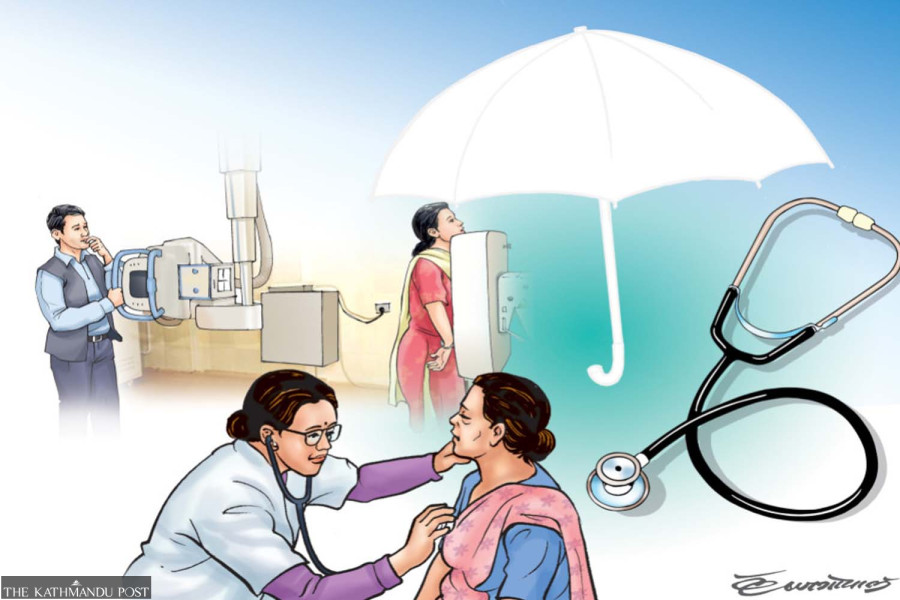Health
KMC expands health services with free labs and physiotherapy for needy residents
Hiring underway for 108 staffers including physiotherapists, radiographers, lab technicians, and nurses, among others.
Post Report
In a bid to ensure basic health care services to metropolis residents, the Kathmandu Metropolitan City has started setting up laboratories and physiotherapy equipment in all of its 32 urban health promotion centres.
Health officials at the city office believe this move will help improve the existing basic health care service and address the rising demand for physiotherapy services.
“Due to the lack of laboratory services in most of our urban health clinics, patients have been forced to seek services at state-run hospitals and private centres, which are often overcrowded and expensive,” said Deepak Kumar KC, chief of the health department of the metropolis. “At our health facilities, we will provide all services free of cost to needy patients.”
The city office runs 32 urban health promotion centres, one in each ward of the metropolis. KC said the metropolis opened vacancies to hire 108 staffers, including 32 physiotherapists, 29 lab technicians, four medical officers, five staff nurses, 10 radiographers, 10 pharmacy assistants, and 26 peons for the urban health clinics.
The city office provides 98 types of essential medicines—for communicable and non-communicable diseases, including high blood pressure, diabetes, mental health, heart disease, asthma, cholesterol, and respiratory problems—free of cost.
Patients with government health insurance can get over 300 types of medicines from urban health clinics, according to health officials.
KC said that physiotherapy and laboratory services would be available within six weeks. The metropolis has already been running laboratories in six urban health clinics.
Providing free physiotherapy and laboratory testing is among the health services the city office plans to offer to the residents of the metropolis.
Earlier, KMC provided mental health screening training to doctors and paramedics serving at urban health promotion centres. Officials hoped that the move would help hundreds of mental health patients in the city get timely treatment.
Officials say that they are also planning to provide free medication to patients with mental health problems.
Although neither the federal government agency nor the city office has data on the number of people suffering from mental health problems in the metropolis, doctors estimated that many residents could be suffering from various forms of mental health problems including anxiety and depression, among others.
Health workers say that many city residents, despite having mental health problems, do not seek treatment and instead turn to drugs and substances to cope. Due to entrenched social stigma, fear of discrimination, and other factors, many patients in Nepal do not openly discuss their mental health issues.
The metropolis has upgraded its urban health clinics to urban health promotion centres and started providing services through medical doctors.
The idea behind starting health promotion centres is to provide comprehensive healthcare services to the city dwellers, especially those who cannot afford to go to expensive health facilities and buy costly medicines, according to officials.




 9.89°C Kathmandu
9.89°C Kathmandu














